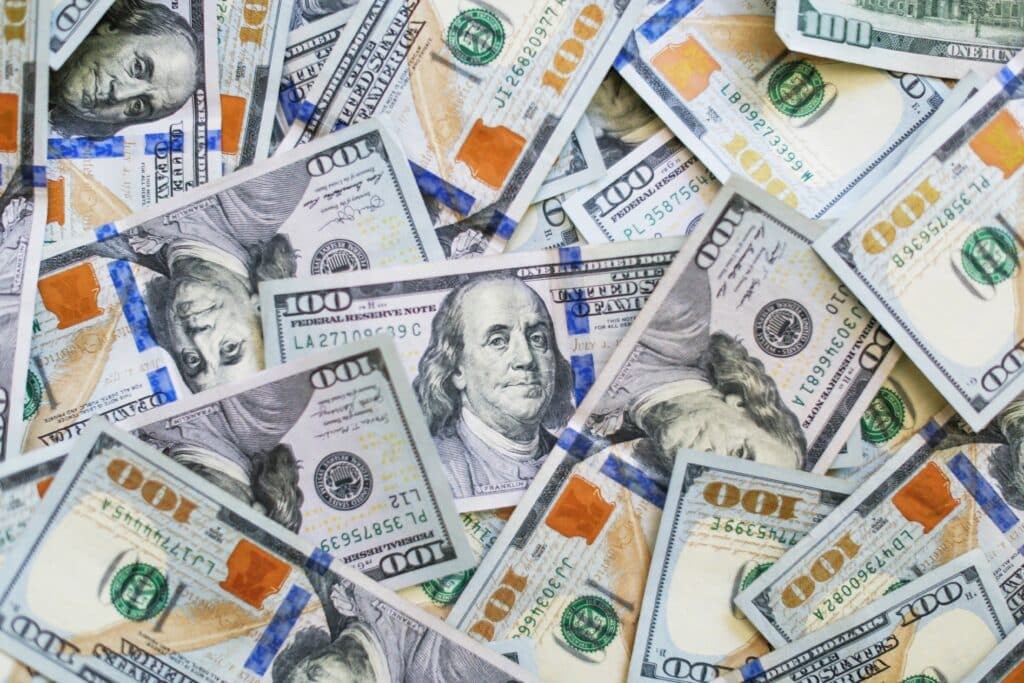
By Bida Elly David
The international Monetary fund (IMF) and the government of South Sudan have reached a deal to inject emergency financing of $112.7 Million to address food insecurity, support social spending and boost international reserves.
This development arose recently during a meeting between the government of South Sudan and the monetary body from the International Monetary fund (IMF).
The agreement signed between the duo partners was conceded through the international monetary fund new food shock window of rapid credit facility combined with a program monitoring board involvement meant to resuscitate the crippled and recessed economy colonized by the Country’s civil wars.
South Sudan following the long term civil wars has been impended by number of tragedies where food insecurity becomes one of the major elements that has taken lives of many while leaving others malnourished in sick beds all over.
According to recent reports by economic analysts, South Sudan is a Country with enough natural resources and fertile land for farming activities but due to the continuous insecurity, farmers have been blocked and threatened to carry out farming services for commercial and subsistence use.
The financial institutions across the Country have tried putting monetary instruments as mechanisms to strengthen the local currency from inconsistent devaluation against the Currency but all went in vain.
In a statement released by the international Monetary fund, the emergency financing would also help support economic policies aimed at maintaining macro-economic stability and debt sustainability.
“The IMF staff team and the South Sudanese authorities have reached staff level agreement for completing the third and final review of the SMP and the economic policy for a disbursement under the IMF’s new food shock window of the rapid credit facility (RCF) that would be combined with a 9 month PMB” it stated
The disbursement is a subject to approval by the IMF Executive board. South Sudan would have access to about $ 112.7 Million (SDR. 86.1 Million). These resources will be used predominantly to help address food insecurity, support social spending and boost international reserves.
Furthermore, IMF pointed out that the initiative was their mission that started in 2022 encouraged by the actions taken by the Ministry of finance and planning as well as the Central bank aimed at restoring fiscal discipline and devaluation of the local currency.
The statement indicated that ahead of the Executive Consideration of the food shock window request, the government will implement several reforms such as publishing budget execution reports, external debts, publishing auditor general reports on the second RCF to strengthen governance and transparency.
At the same note, IMF demonstrated their concerns to South Sudan following the on-going flooding, natural and man-made disasters that displaced large number of population seeking for refugee at the neighboring Countries.
They said that the global economic recession and hiked prices of commodities came into rise following the conflict between Russia and Ukraine.
“The combination of continued localized conflicts, four consecutive years of severe flooding and the rising prices of staple commodities from Russia’s war in Ukraine has increased the number of people experiencing severe food insecurity in South Sudan to an estimated 8.3 million in 2022 over two-thirds of the population. For this reason, the authorities have committed to collaborate with trusted development partners to Channel $20 Million of the RCF disbursement to make use of their existing system to provide immediate humanitarian assistance to help address food insecurity in the Country,” IMF underscored.



